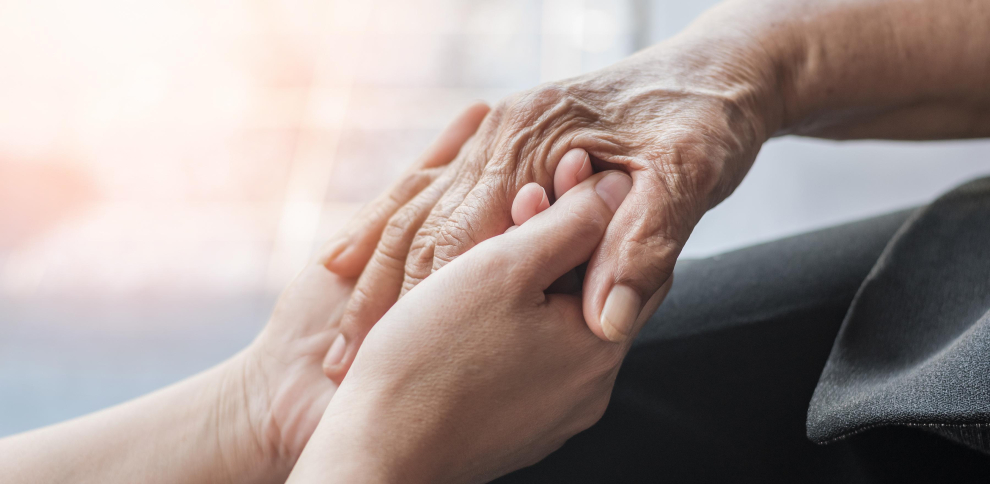CAMAGÜEY.- Since childhood, we create unique bonds with our grandparents. They are the ones who make us our favorite food, who pick us up from school every afternoon, or who tell us about the family we never met. My grandmother taught me the songs of her time, she put me to sleep in her arms until I was five years old, and she knew what to cook for the demanding palate of a girl who hardly ate.
Thinking about our grandparents, about the elderly Cubans, about their rights, and their way of feeling and acting in the face of old age is a challenge even for a country that has more than two million people (22.3%) over 60 years old and that will become the oldest in Latin America in 2030.
For a healthy old age, a journey of love
We cannot only refer to a demographic change but also to a change in the elderly of the 21st century, with expectations according to their time. Loneliness, stereotypes, gender differences, questioning of their sexuality, and lack of communication are just some of the problems that our elderly have to face daily; reasons why the path becomes insecure and fears appear when reaching this stage.
According to the reality and development of the elderly, new protections and rights reflected in the Family Code have been proposed, which also allow us to face the decade of healthy aging and protect the elderly as an individual who is part of the family environment.
If we talk about our elderly, we must refer to the relevance they have in the preservation of family traditions and in the education of other members, a task that they have carried out over the years, and that strengthens communication between everyone, an aspect that is reflected in article 8 of the Code.
The wisest share their experiences, and support in training not only constitutes a strength in the family nucleus, it also transcends society.
The right to self-regulation of future protection constituted one of the most transformative aspects regarding the elderly in the Family Code, referring to the possibility given to people when they enter adulthood to decide in advance and declare before a public notary how they want their aging to develop.
Which family member will be in charge of them and who will manage their assets? What medical procedures will they reject? These questions can be resolved before living this stage and that highlights the self-determination, independence, and equal opportunities of the elderly.
Abandonment by the family is one of the bad actions that those over 60 sometimes receive. Many of us live like this daily, possibly we know a neighbor or a friend in a situation like this, which even leads to unwanted entry into nursing homes.
The integration of these people into the bosom of a family, even if there are no family ties, guarantees mutual coexistence, their health, safety, inclusion, and physical and mental well-being; also, their care by another person who is paid excludes any possibility of abandonment, as long as it is an action carried out from love and empathy.
The reality is that these guarantees included in the Code constitute alternatives that eliminate any possibility of our elderly living in conditions of loneliness and sadness. Knowledge of their rights and how to demand their fulfillment is a pending task for people who are often minimized and rarely heard.
The right to a life with dignity and respect for people over 60 years old must be a premise for every Cuban citizen. Feeling fulfilled as they are, with their organized life project, their decision to choose where to live, to lead a life without violence, and to communicate without fear is also raising awareness about the privilege that reaching this age represents.
Translated by Linet Acuña Quilez



